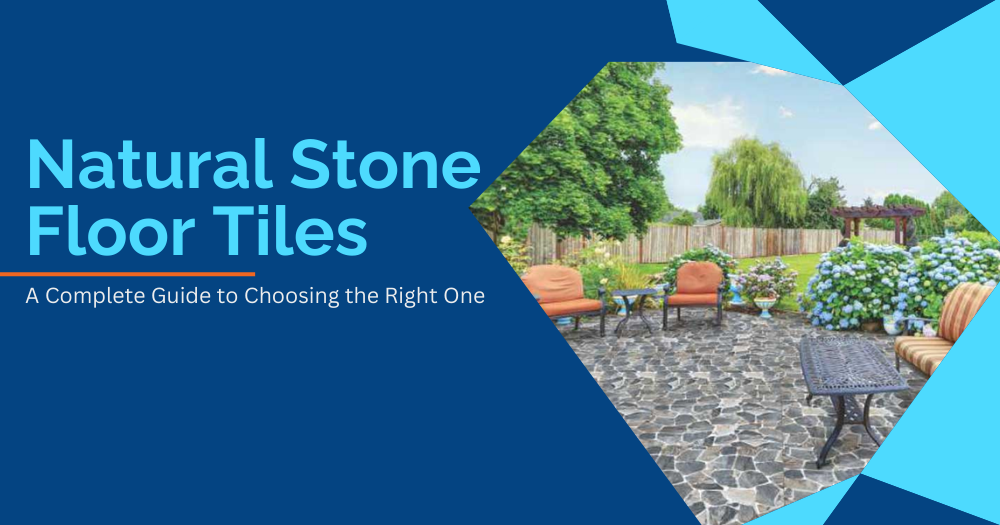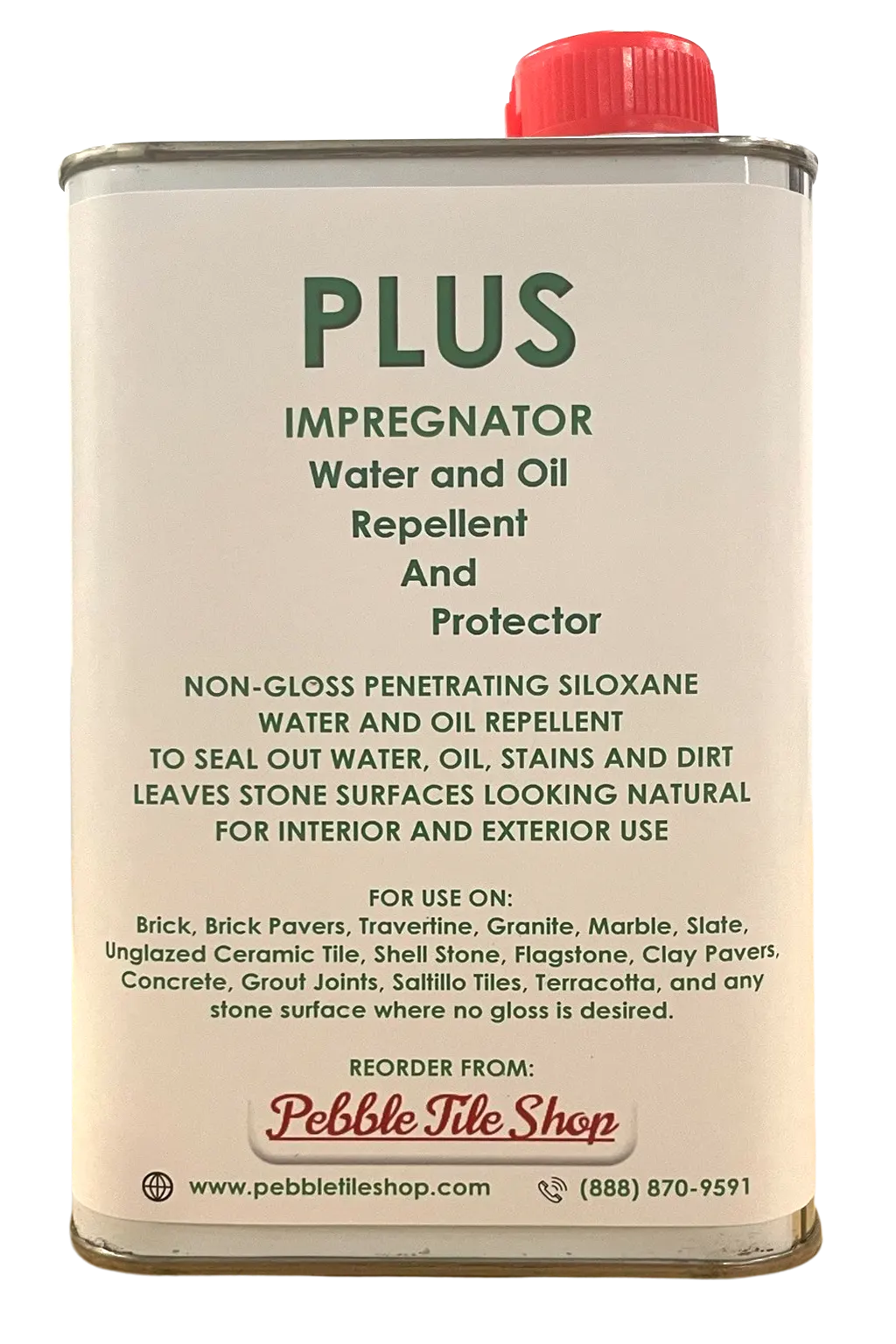Natural stone floor tiles have been a staple in home design for centuries, thanks to their elegance, durability, and timeless appeal. When it comes to flooring options, natural stone floor tiles are often considered one of the best choices for homeowners looking to add a touch of luxury and sophistication to their space. Whether you are renovating an existing space or building your dream home, natural stone floor tiles can make a lasting impact.
In this comprehensive guide, we will explore the different types of natural stone floor tiles, their benefits, how to choose the right one for your home, and essential care and maintenance tips to ensure your floors last for years. Let’s dive in and discover why natural stone tiles are an excellent investment for your home.
What Are Natural Stone Floor Tiles?
Natural stone floor tiles are made from stone that is quarried from the earth. Unlike manufactured tiles, which are made from materials such as ceramic or porcelain, natural stone tiles are crafted from materials that are naturally occurring and unprocessed. Some of the most popular types of natural stone used for floor tiles include marble, granite, limestone, slate, travertine, and sandstone.
Each type of natural stone has unique characteristics, from color and texture to durability and cost. Choosing the right type of natural stone floor tiles depends on various factors, including the room's function, your budget, and your aesthetic preferences.
Benefits of Natural Stone Floor Tiles
Before diving into the specifics of different stone types, let’s explore the many advantages of using natural stone floor tiles in your home.
1. Timeless Aesthetic Appeal
Natural stone floor tiles are synonymous with elegance and luxury. Their rich textures, unique veining patterns, and natural colors can enhance the aesthetic value of any room. Whether you prefer the sophisticated look of marble, the rugged appeal of slate, or the warm tones of travertine, natural stone floor tiles can complement any interior design style, from contemporary to traditional.
2. Durability and Longevity
One of the primary reasons people opt for natural stone floor tiles is their exceptional durability. Natural stone is extremely tough and resistant to wear and tear, making it ideal for high-traffic areas. Stone floors can last for decades, often improving with age, as their patina develops over time.
3. Increase Property Value
Homes with natural stone flooring are often valued higher than those with traditional flooring options. If you're planning to sell your home in the future, installing natural stone floor tiles can increase its resale value. Buyers are typically drawn to the luxurious feel and durability of natural stone floors.
4. Eco-Friendly Option
Natural stone is a sustainable and eco-friendly material. It requires minimal processing, and many types of stone are abundant in nature, reducing the environmental impact of mining and manufacturing. In addition, natural stone is 100% recyclable and can be reused for various purposes, making it a green choice for environmentally-conscious homeowners.
5. Low Maintenance
With proper care, natural stone floor tiles are relatively easy to maintain. They are resistant to stains, moisture, and dust, making them an excellent choice for kitchens, bathrooms, and other high-traffic areas. Regular cleaning and sealing will help keep your floors looking their best for years.
Types of Natural Stone Floor Tiles
Now that we've covered the benefits of natural stone floor tiles, let's take a closer look at some of the most popular types of natural stone used for flooring.
1. Marble Floor Tiles
Marble is one of the most elegant and luxurious types of natural stone. It is known for its beautiful veining, rich color options, and smooth finish. Marble floors can make a bold statement in any room, adding an air of sophistication and timeless beauty.
Pros:
-
High-end aesthetic appeal.
-
Available in a variety of colors, from classic white to rich blacks and greens.
-
Perfect for creating a luxurious, polished look in your home.
Cons:
-
Prone to staining if not properly sealed.
-
Can be slippery when wet, making it less ideal for bathrooms or high-moisture areas unless treated with a non-slip finish.
-
Expensive compared to other natural stones.
Best for: Living rooms, dining rooms, kitchens, and bathrooms (with proper sealing).
2. Granite Floor Tiles
Granite is a highly durable and strong natural stone that is often used for both countertops and flooring. Known for its dense structure and resistance to damage, granite floor tiles are one of the best choices for areas with heavy foot traffic.
Pros:
-
Extremely durable and scratch-resistant.
-
Comes in a wide variety of colors, including shades of gray, black, red, and blue.
-
Low maintenance, requiring only periodic sealing to maintain its appearance.
Cons:
-
The initial cost of granite can be high.
-
Can be cold underfoot unless used with radiant heating.
-
May require professional installation due to its weight.
Best for: High-traffic areas like hallways, kitchens, and entryways.
3. Limestone Floor Tiles
Limestone is a softer, more porous stone compared to granite and marble, but it still offers an elegant, natural look. The texture of limestone is slightly rougher than other stones, giving it a rustic charm that works well in both traditional and contemporary settings.
Pros:
-
Naturally warm tones that create a welcoming, earthy feel.
-
Less expensive than marble and granite.
-
Easy to cut and shape, making it versatile for custom designs.
Cons:
-
Can be easily scratched and stained if not sealed properly.
-
Requires more maintenance than harder stones, particularly in high-moisture areas.
Best for: Living rooms, bedrooms, and other low-traffic areas.
4. Slate Floor Tiles
Slate is a popular choice for homeowners who want a rustic, natural look. Slate tiles have a textured surface that gives them a unique appearance. The earthy tones of slate, ranging from grays to browns, make it a versatile flooring option for various interior designs.
Pros:
-
Extremely durable and slip-resistant.
-
Offers a natural, earthy aesthetic with rich color variations.
-
Easy to clean and maintain.
Cons:
-
Can be difficult to cut and install due to its layered structure.
-
Requires sealing to prevent stains.
Best for: Kitchens, bathrooms, hallways, and outdoor spaces.
5. Travertine Floor Tiles
Travertine is a type of limestone that has been formed by natural mineral deposits from hot springs. It has a distinctive, porous texture and comes in a variety of earthy tones, including beige, tan, and brown.
Pros:
-
Affordable compared to marble and granite.
-
Unique, rustic look with natural variations in color and texture.
-
Can be polished to a high shine or left with a more natural, matte finish.
Cons:
-
Like limestone, it is prone to staining if not sealed properly.
-
Requires more maintenance than harder stones.
Best for: Bathrooms, kitchens, and entryways.
6. Sandstone Floor Tiles
Sandstone is a versatile natural stone that can be used in both modern and traditional designs. It has a soft texture and is available in a wide range of colors, from light beige to rich red and brown.
Pros:
-
Offers a warm, earthy aesthetic.
-
Durable and slip-resistant.
-
Easy to cut and install.
Cons:
-
Prone to staining if not sealed.
-
Soft texture makes it more vulnerable to scratching.
Best for: Living rooms, patios, and other low-traffic areas.
How to Choose the Right Natural Stone Floor Tiles for Your Home
Choosing the right natural stone floor tiles for your home involves more than just picking a tile that looks good. You’ll need to consider several factors, including the location, functionality, and maintenance needs of your space. Here are some essential tips for making the right choice:
1. Consider the Room’s Function
Different natural stones have varying degrees of durability and resistance to moisture. For instance, granite and slate are great choices for high-traffic areas like kitchens and hallways, while travertine or limestone may be more suited for bathrooms or living rooms. Marble is elegant but may not be the best choice for wet areas due to its susceptibility to staining.
2. Think About Color and Style
Natural stone tiles come in a wide range of colors, from cool shades like gray and blue to warm tones like beige and brown. Consider the color scheme of your room, as well as the overall style. For example, if you want a traditional look, marble or travertine might be ideal, while slate or granite may suit a more modern design.
3. Durability and Maintenance
Some stones, like granite and slate, are known for their strength and low-maintenance nature. Others, such as limestone and travertine, may require more upkeep, including regular sealing to protect against stains and moisture damage.
4. Cost and Budget
Natural stone tiles can vary widely in price depending on the material and the finish. Granite and marble are typically on the higher end of the price spectrum, while travertine and limestone are more affordable. Make sure to balance your budget with your desired aesthetic and functionality.
Caring for Natural Stone Floor Tiles
Proper maintenance is essential to ensuring your natural stone floor tiles stay beautiful for years to come. Here are some essential care tips:
1. Seal the Tiles
Natural stone tiles are porous, which means they can absorb moisture and stains if not properly sealed. Be sure to apply a stone-specific sealer during installation and periodically reapply it to maintain protection.
2. Clean Regularly
Use a soft mop and pH-balanced cleaner to keep your natural stone tiles clean. Avoid harsh chemicals or acidic cleaners, as these can damage the surface.
3. Protect the Surface
Place mats in high-traffic areas to minimize wear, and use furniture pads to prevent scratches from heavy furniture.
Conclusion
Choosing natural stone floor tiles is more than just a design decision – it's an investment that enhances the aesthetic and functionality of your home for many years to come. The beauty of natural stone lies not only in its timeless appeal but also in its ability to elevate the atmosphere of any room. Whether you choose the luxurious elegance of marble, the rugged durability of slate, or the earthy tones of travertine, each type of stone brings its own unique character and charm to your living space.
Natural stone tiles provide a combination of durability, low maintenance, and an eco-friendly profile that few other flooring options can match. Their versatility allows them to seamlessly integrate into various design styles, from contemporary minimalism to rustic charm, ensuring that your flooring will remain relevant and stylish for decades. Additionally, the longevity of natural stone means that, with proper care, your floor will maintain its visual appeal and continue to add value to your home.
However, choosing the right natural stone floor tiles for your home involves considering several factors. Room function, stone durability, maintenance requirements, color, and overall aesthetic are all essential aspects to keep in mind during the selection process. Be sure to weigh these elements carefully to ensure you choose the perfect stone that aligns with both your design vision and practical needs.
Once you've made your choice, proper installation and maintenance will be key to preserving the natural beauty of your stone floor. With the right care, your natural stone floor tiles will age gracefully and continue to make a lasting impression.
If you're ready to enhance your home with stunning natural stone floor tiles, we invite you to explore the exceptional collection at Pebble Tile Shop. With a wide selection of top-quality natural stone options, you're sure to find the perfect match for your home. For even more options, advice, and expert guidance, visit Tile Hub, a sister company of Pebble Tile Shop. Whether you're embarking on a full home renovation or a small remodeling project, our expert team is here to assist you every step of the way. Together, we can help you create a space that is as beautiful as it is functional, bringing the enduring charm of natural stone into your home for years to come.
By making a thoughtful choice and caring for your natural stone floor tiles properly, you're not just investing in a surface to walk on – you're investing in a timeless feature that will enhance the atmosphere of your home for generations to come.







